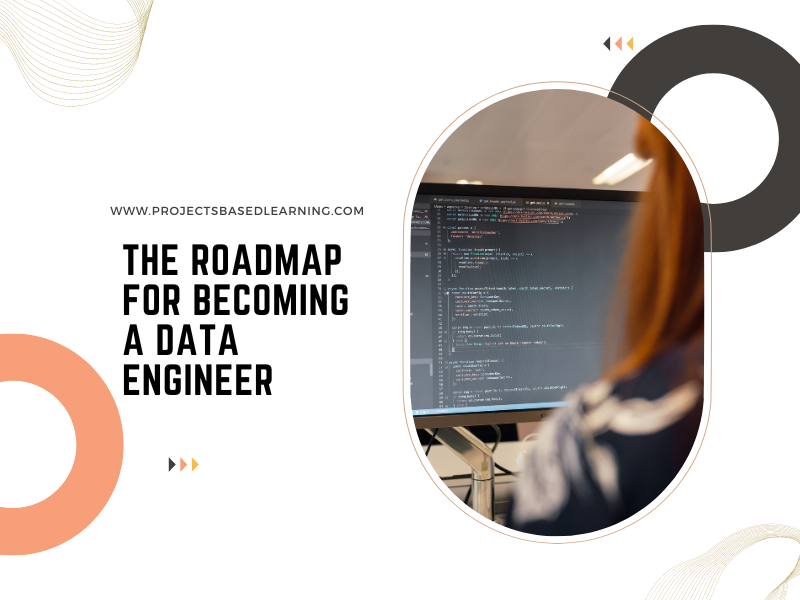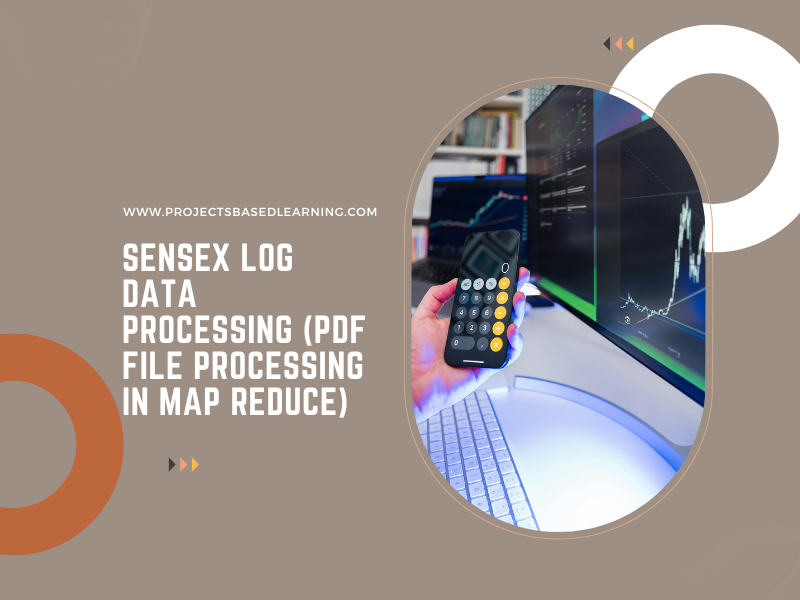The roadmap for becoming a Data Engineer typically involves mastering various skills and technologies. Here’s a step-by-step guide:
Step 1: Learn the Fundamentals
Programming Languages: Start with proficiency in languages like Python, SQL, and possibly Scala or Java.
Database Knowledge: Understand different database systems (SQL and NoSQL) and their use cases.
Data Structures and Algorithms: Gain a solid understanding of fundamental data structures and algorithms.
Mathematics and Statistics: Familiarize yourself with concepts like probability, statistics, and linear algebra.
Step 2: Acquire Big Data Technologies
Apache Hadoop: Learn the Hadoop ecosystem tools like HDFS, MapReduce, Hive, and Pig for distributed data processing.
Apache Spark: Master Spark for data processing, streaming, and machine learning applications.
Apache Kafka: Understand Kafka for building real-time data pipelines.
Distributed Computing Concepts: Comprehend the principles of distributed computing for handling big data.
Step 3: Database Management
Relational Databases: Gain expertise in SQL and databases like MySQL, PostgreSQL, or Oracle.
NoSQL Databases: Learn about non-relational databases like MongoDB, Cassandra, or Redis.
Step 4: Data Modeling and ETL
Data Modeling: Understand different data modeling techniques and normalization/denormalization processes.
ETL (Extract, Transform, Load): Master ETL tools and frameworks like Apache Airflow or Talend.
Step 5: Data Warehousing and BI Tools
Data Warehousing Concepts: Understand data warehousing principles and tools like Snowflake or Amazon Redshift.
BI Tools: Familiarize yourself with tools like Tableau, Power BI, or Looker for data visualization.
Step 6: Cloud Platforms
Cloud Technologies: Learn cloud platforms like AWS, Azure, or Google Cloud Platform for data engineering in the cloud.
Containerization and Orchestration: Understand Docker and Kubernetes for containerization and orchestration.
Step 7: Machine Learning and Data Science Basics
Machine Learning Concepts: Familiarize yourself with ML concepts and libraries like Scikit-Learn, TensorFlow, or PyTorch.
Basic Data Science: Understand exploratory data analysis, predictive modeling, and data preprocessing techniques.
Step 8: Real-world Projects and Experience
Internships or Projects: Engage in real-world projects or internships to apply your skills and gain practical experience.
Continuous Learning: Stay updated with new technologies, tools, and advancements in the field through courses, workshops, or industry publications.
Remember, this roadmap is a guide, and your learning path might vary based on your interests, career goals, and industry demands. Continuous learning, hands-on practice, and staying updated with industry trends are key to becoming a proficient Data Engineer.

